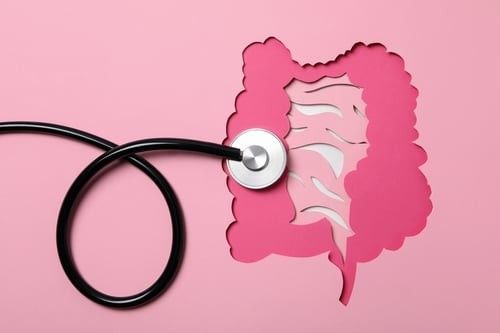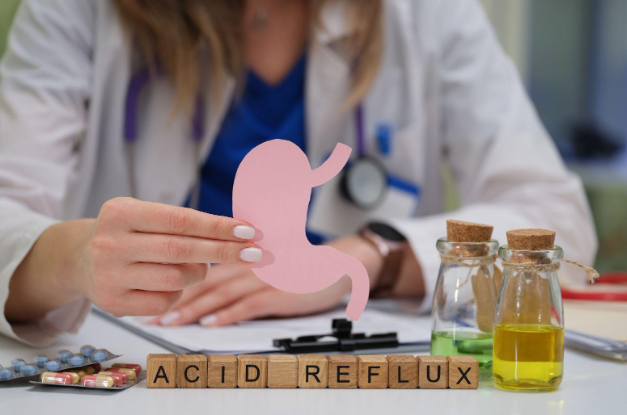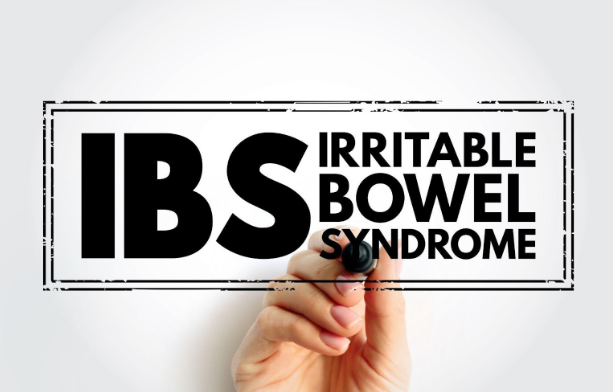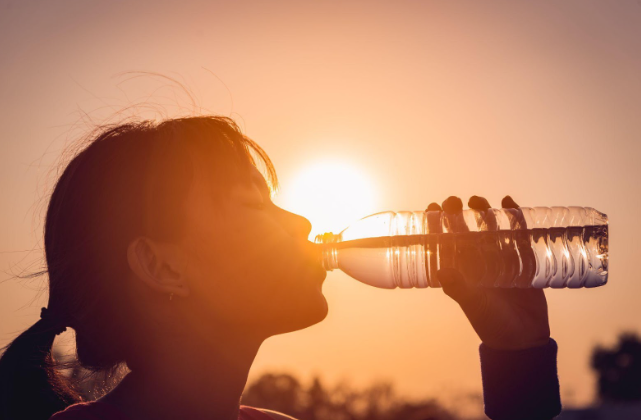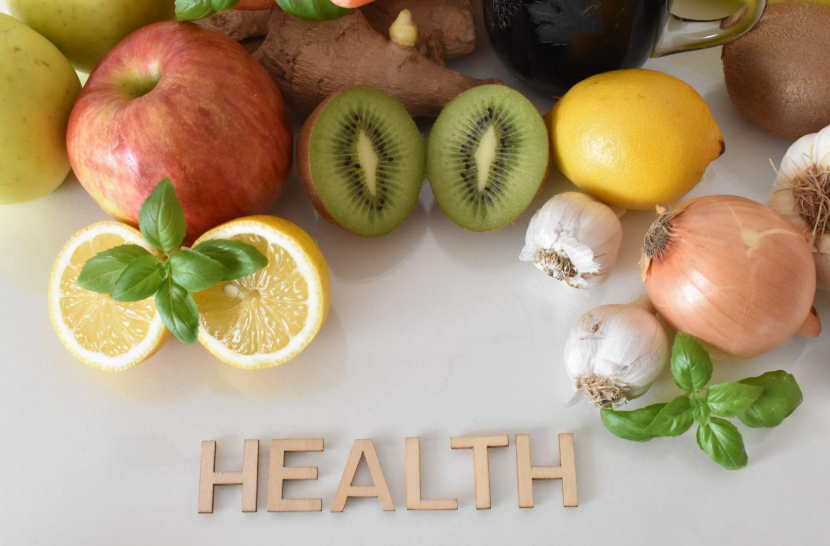Managing GERD: Foods to Avoid and Foods to Consider
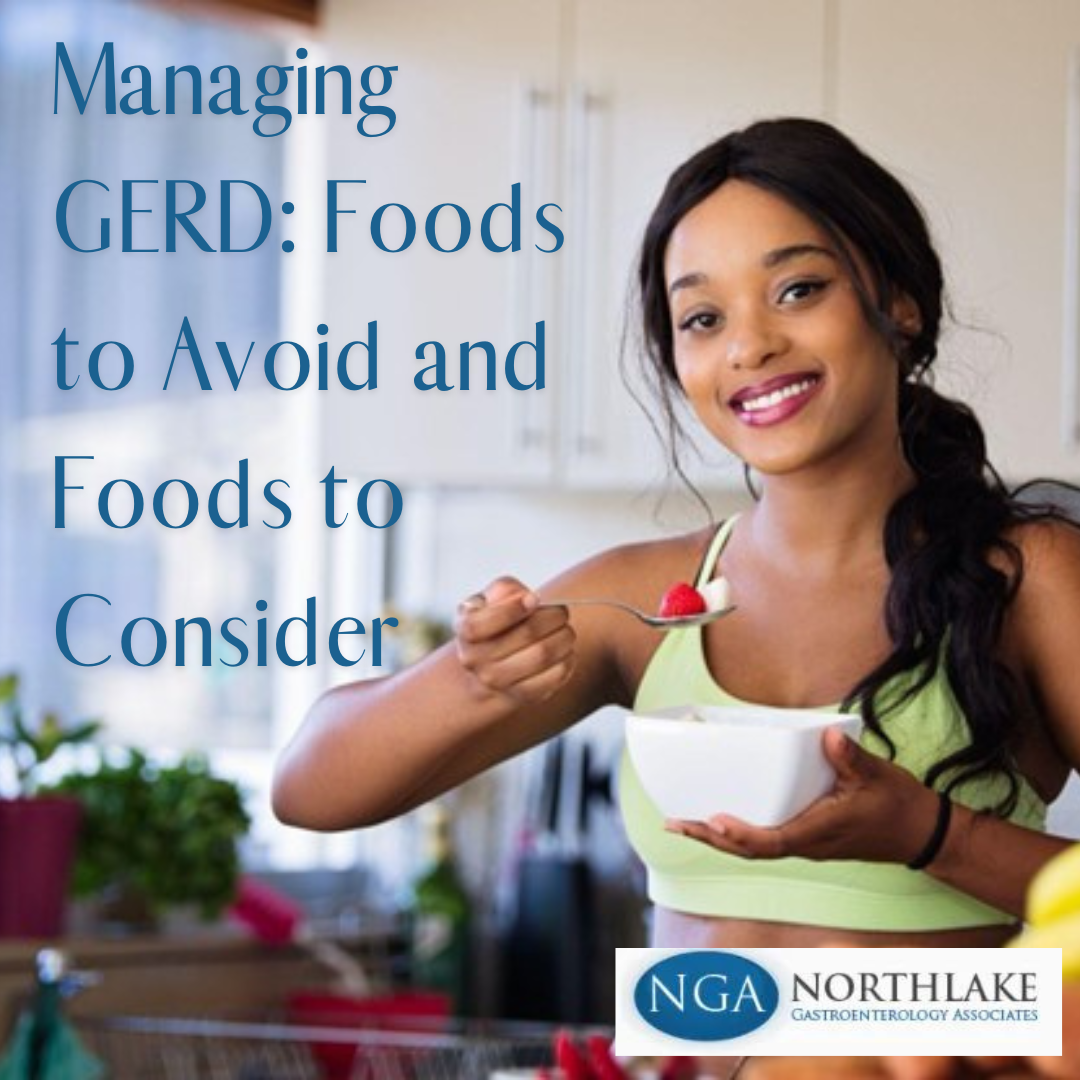
Gastroesophageal reflux disease or GERD is a very common problem, with over 20% of the populace in the western world suffering from it. GERD is caused by the contents of the stomach regurgitating and going back up into the esophagus. This can be painful and cause a lot of discomfort. There are a lot of reasons why people might get GERD.
It could cause severe heartburn and reduce the ability to swallow. In addition, GERD can lead to Barrett’s esophagus, which is a condition in which the tissue lining the esophagus becomes abnormally thick and corrosive. GERD is caused by excess acid reflux. This occurs when gastric juice from the stomach flows up into the esophagus, causing irritation and pain. The stomach muscles relax at night, allowing stomach contents to flow back into the esophagus during sleep.
A suitable diet is the key to managing gastroesophageal reflux disease, a chronic condition that affects the digestive system. It is often referred to as GERD and it can cause serious—even fatal—damage to the esophagus, the muscular tube through which food passes after it leaves the mouth. This article will look at the food intake and techniques to be adhered to in order to get manage GERD.
Foods To Avoid
Eating is a necessity of our lives. When one has GERD, it becomes a very delicate task that needs to be done in the right way in order to maintain good health. If it is not done in the correct manner, then you might end up with serious health problems. There are several foods that can aggravate GERD symptoms and help you get rid of the problem. Read on to find out more.
Caffeine
Caffeine is a stimulant that can irritate your stomach and cause GERD. It can also cause dehydration, leading to heartburn. Caffeine irritates the stomach lining and causes it to produce more stomach acid. It also dehydrates your body adding to the problem! If you're sensitive to caffeine, it's best to avoid it altogether.
Fatty Foods
Fatty foods are a strict no-no for those with GERD because it leads to increased acid reflux. Foods high in fat can make your stomach produce more acid than usual as they increase the production of oleic acid by 2-3 times above normal levels in the stomach linings.
Fried Foods
Fried foods contain saturated fats which increase gastric secretion and make it harder for you to digest food properly, leaving you feeling bloated after eating these types of foods regularly!
Carbonated Drinks
A diet high in carbonated drinks can lead to reflux because carbon dioxide gas can be irritating to the esophagus. This irritation may cause heartburn or acid reflux, which leads to GERD symptoms like pain in your chest when you eat or after you swallow.
Citrus Fruits
Citrus fruits such as oranges and grapefruits are acidic and may cause heartburn or acid reflux if they’re eaten on an empty stomach or shortly before bedtime. They can create an inflammatory sensation in the stomach.
Foods To Consider Adding to Your Diet
In the last decade, there has been a whopping 30% increase in the number of people suffering from acid reflux. It has become particularly common among people who suffer from heartburn and regurgitation. If you suffer from heartburn and regurgitation, you may want to try these foods so you can avoid acid reflux symptoms:
Fruits
Fruits are a terrific way to get your daily dose of vitamins and minerals. Whether you choose fresh or dried fruits, they can be eaten alone or in combination with other foods. They are also extremely low in sodium, a substance that is a key component of things adding to the plight of GERD sufferers. Eat as many fresh fruits as possible throughout the day. Fruits should be eaten in moderation though, as they tend to make your stomach feel full faster than other foods. If you have GERD, try eating more fruit instead of starchy foods.
Vegetables
Water forms a substantial portion of the contents in all fresh vegetables, which helps dilute stomach acids and therefore reduces the symptoms of GERD. Vegetables are excellent for people suffering from GERD because they contain many of the same nutrients as fruits but without all of the added sugar content. They also have more fiber than any other type of food which makes them great for your digestive system. Some good vegetables include broccoli, brussels sprouts, cauliflower and squash.
Starch-rich Food
A high-starch diet is recommended for people suffering from GERD because it helps to reduce acid production in the stomach by increasing the production of gastric inhibitory peptide (GIP). This peptide is known to be amply present in high-starch diets.
Meat-based Diet
Try to avoid eating meat as much as possible in order to prevent any acid reflux symptoms from occurring. This includes red meat and other animal products such as milk, cheese and eggs. When consuming these types of products, make sure they are cooked thoroughly as this will help prevent any reflux symptoms from occurring within your stomach. A general rule of thumb for those with GERD is to reduce saturated fat intake from meat and dairy and trans-fat from processed foods and replace them with healthy fats from foods like nuts.
Milk Products
Milk products are high in calcium, which helps to balance out the acidic environment in your stomach. Milk also contains probiotics (good bacteria) that help to populate your gut with beneficial bacteria that can help to keep GERD symptoms under control.
Baked Food
Baked goods made with whole grains have been shown to have a favorable effect on GERD symptoms when compared to other packaged foods such as crackers or cookies that do not contain whole grains but contain added fats and sugars.
Eating Routine and Guidelines
Eating is one of the most important things we do in our lives. It keeps us alive, and it can also give us energy. Here are a few guidelines to help you eat right. Eating is an important part of the day. It keeps you energized and helps you focus on your work. However, it can also be unhealthy when you eat too much or too little. To ensure that your eating habits are healthy and fit your lifestyle, try following these four simple guidelines.
Eat Slowly
Your stomach has only limited space, so it's best to take time to chew and enjoy your food before gorging yourself on it. This will improve digestion and keep you away from any kind of bloating. It will also provide you with enough time to partially process the food with your saliva, which is a digestive juice by itself. Contrary to popular belief, digestion actually begins in your mouth.
Eat Small-sized Meals Frequently
Try not to eat too much at a time. Have frequent meals that are small in portion-size. Your body needs energy throughout the day, not just when you're hungry, so make sure that you eat small meals throughout the day rather than three large ones (which can make some people feel sluggish). You should have three meals per day with snacks in between if necessary. But don't overeat—this will only make you feel tired and bloated!
Do Not Wear Tight-fitted Clothes
Wear loose-fitting clothes when possible. Tight clothes can make you uncomfortable while eating, which will make it harder for you to focus on enjoying your food instead of worrying about how tight your pants feel on your tummy or thighs. This will help prevent bloating and constipation caused by indigestion from eating too much at once, which can lead to heartburn or other health issues down the road if left untreated long enough!
Do Not Rest Just After Having Food
You may feel tired after eating because digestion requires energy from your body; however, resting right after consuming food means that nutrients won't be processed properly by your body and may cause indigestion. When we rest immediately after eating something, we tend to sit down or lie down without thinking about it—and that makes us feel lazy and tired after eating something that was probably quite heavy or dense. Instead of resting immediately after eating, take some time out to go for a walk around the block to ease and aid digestion.
Summing It Up
GERD is a health problem that is spanning among people in large proportions, causing uncomfortable sensations in the people it affects. We hope you gained a lot of insight through our guide on how to manage GERD with your diet. Luckily, there are a number of different ways that you can treat GERD and reduce the symptoms. We encourage you to discuss your symptoms with a physician, who will be able to recommend the best treatment plan for you. If you have any questions or concerns, please contact us at Northlake Gastroenterology and we can help you figure out a solution to your problem, and help you live a healthy and hearty life.
More Blogs




